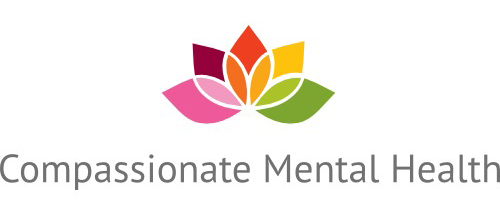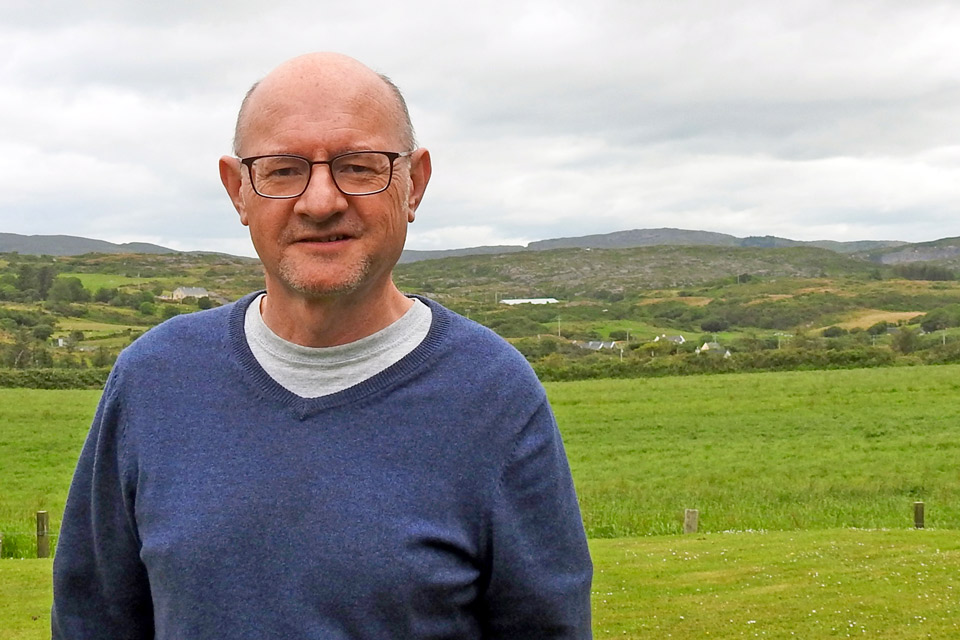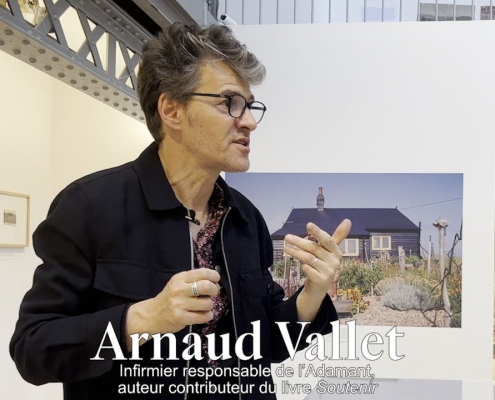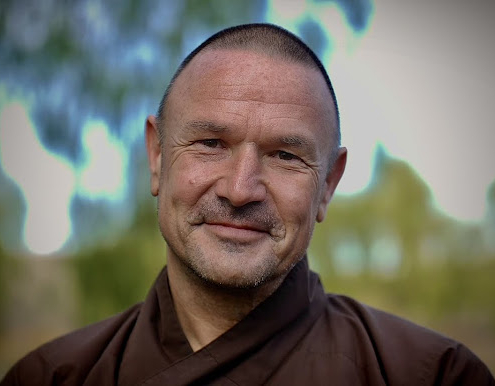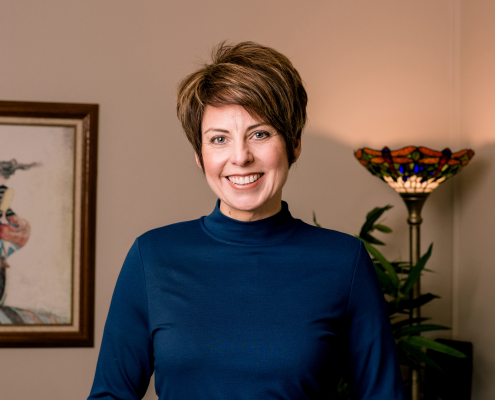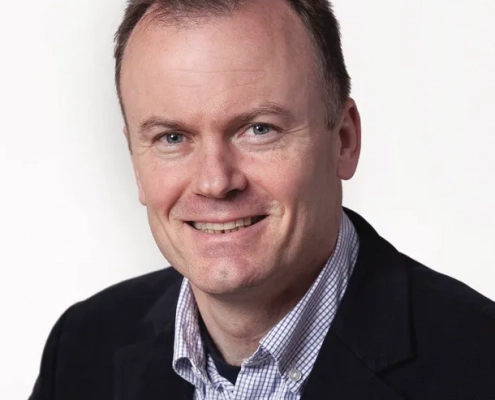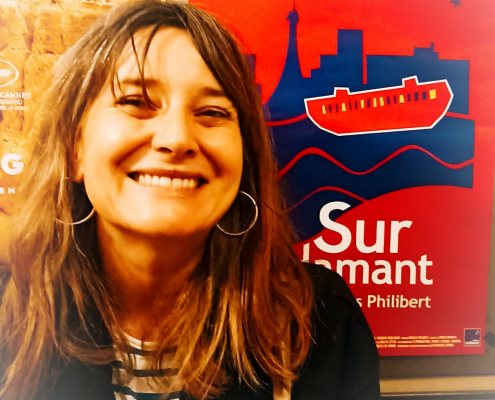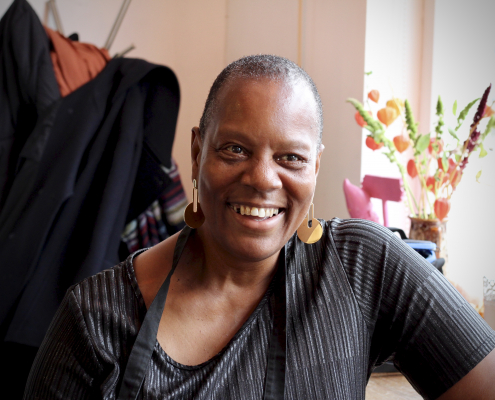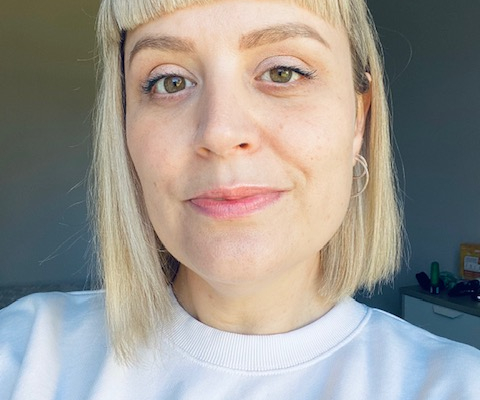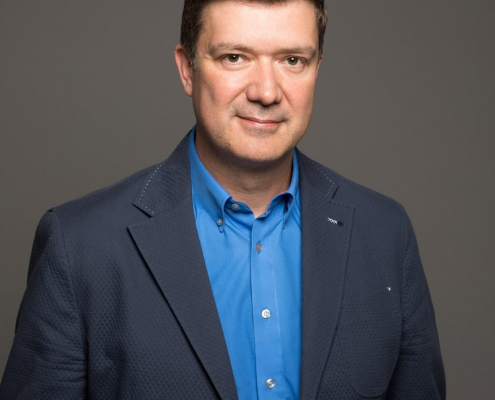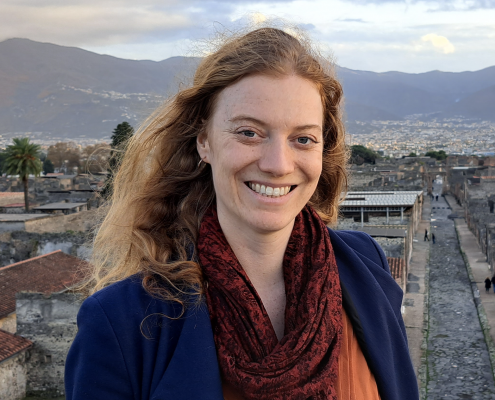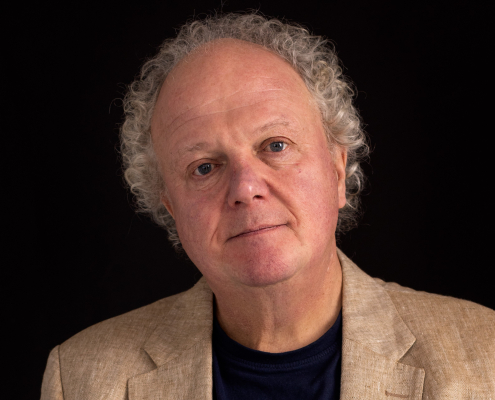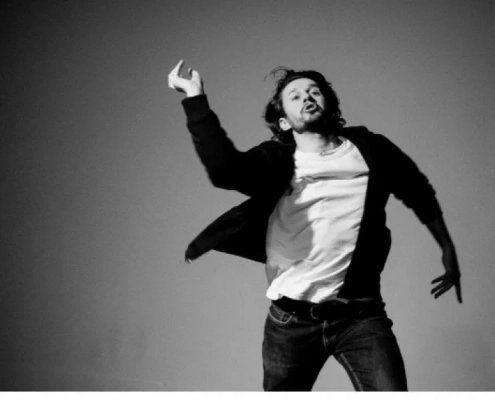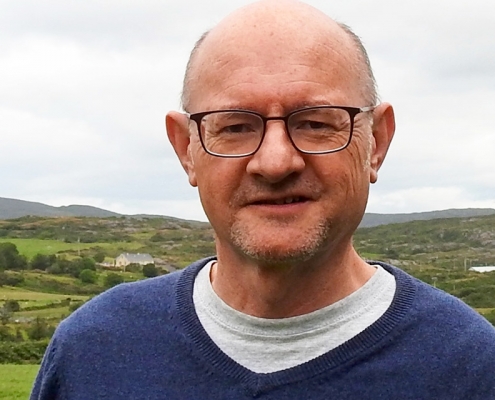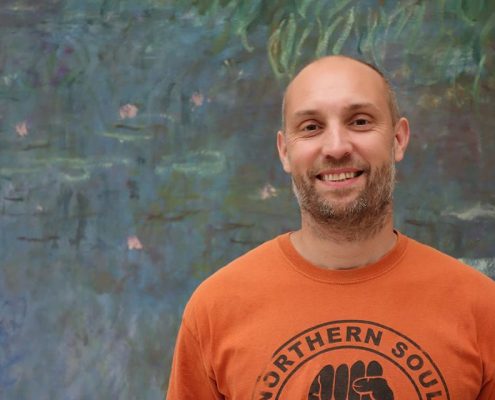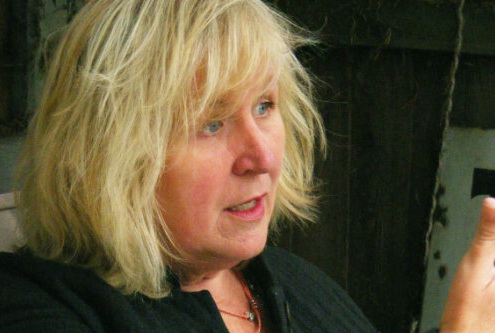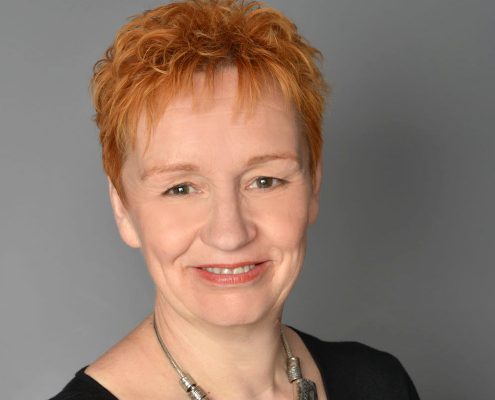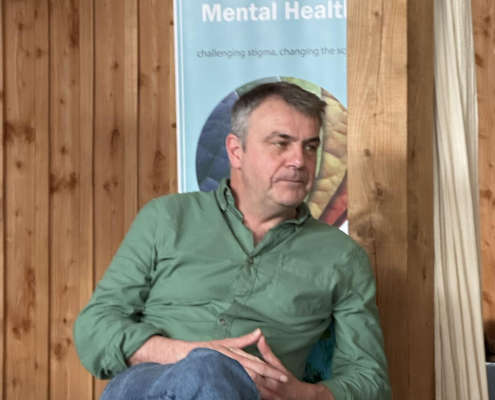Pat Bracken
Irish psychiatrist Pat Bracken believes in a more humane future for psychiatry, one that questions some of the fundamental assumptions of how we approach mental distress. He is passionate about helping others reform and rethink a system that he believes is no longer fit for purpose.
Pat has worked in Ireland, Africa and New Zealand, and is one of the co-founders of the critical psychiatry network. Pat and his colleagues call for a radical rethink of psychiatry – towards a mental health system that puts dialogue, and the long term wellbeing of patients at the heart of practice.
Areas of interest
- Critical Psychiatry
- Open Dialogue
- Human Rights
Pat Bracken trained in medicine, psychiatry and philosophy in Ireland and the UK. In 2016, he retired from his post as Clinical Director of the Mental Health Service in West Cork, Ireland. He now works as a freelance international consultant. He recently worked with the World Health Organisation QualityRights initiative. Drawing on the Convention on the Rights of Persons with Disabilities, it gathers examples of good practice around the world that focus on recovery, relationships and human rights.
Pat has worked with refugees and asylum seekers in Africa as well as in the UK and he has also worked with victims of institutional abuse in Ireland and the UK. He continues to work with asylum seekers in Ireland, mainly in the preparation of medico-legal reports.
He has sought to promote the importance of ‘critical reflection’ in mental health work and was one of the founders of the Critical Psychiatry Network. He was Professor of Philosophy, Diversity and Mental Health at the University of Central Lancashire in the years 2006-2008. Pat says:
“The challenge for us professionals is to find ways that we can engage in genuine dialogue with the growing survivor movement and all the other stakeholders in the mental health field. If one side in a conversation thinks that they have the truth (or the science of the subject) on their side, dialogue cannot take place. Critical reflection on the histories of our professions, their values, assumptions and practices can allow us to get our thinking outside of the ‘professional knows best’ mindset. This is necessary for real communication. This is about changing the way we think about expertise and the role of professionals in mental health work”
“As professionals, we have to substantially move away from the idea that we’ve got some privileged source of knowledge and science about mental illness. We have to go right back to basics and say what kind of space, what kind of thinking, do we have to nurture within ourselves and our profession that will allow us to actually engage in helpful and empowering ways with those who seek our help”
Pat was co-editor of the book Rethinking the Trauma of War with Dr Celia Petty, published in 1998. His own book Trauma: Culture, Meaning and Philosophy was published in 2002. With Prof Phil Thomas, he published the book Postpsychiatry: A New Direction for Mental Health in 2005. In it they argued for a ‘paradigm shift’ in the field of mental health, and sought to imagine a different way in which medicine can relate to states of madness, distress and alienation. They said: ‘We believe that medicine (not just in terms of drugs) has a vital role to play in helping people who are struggling with such states of mind. But we need a different way of conceptualising this role.”
